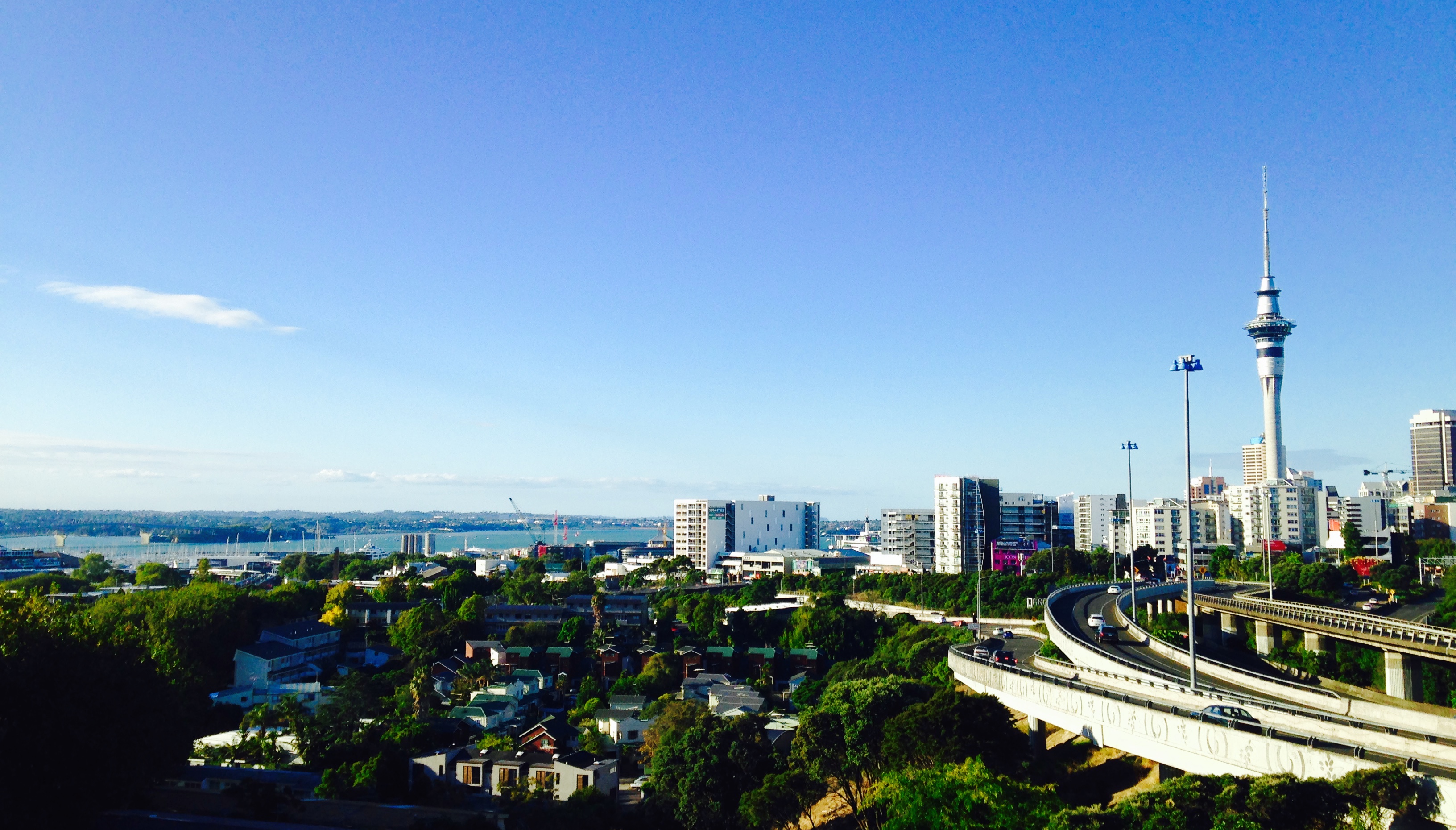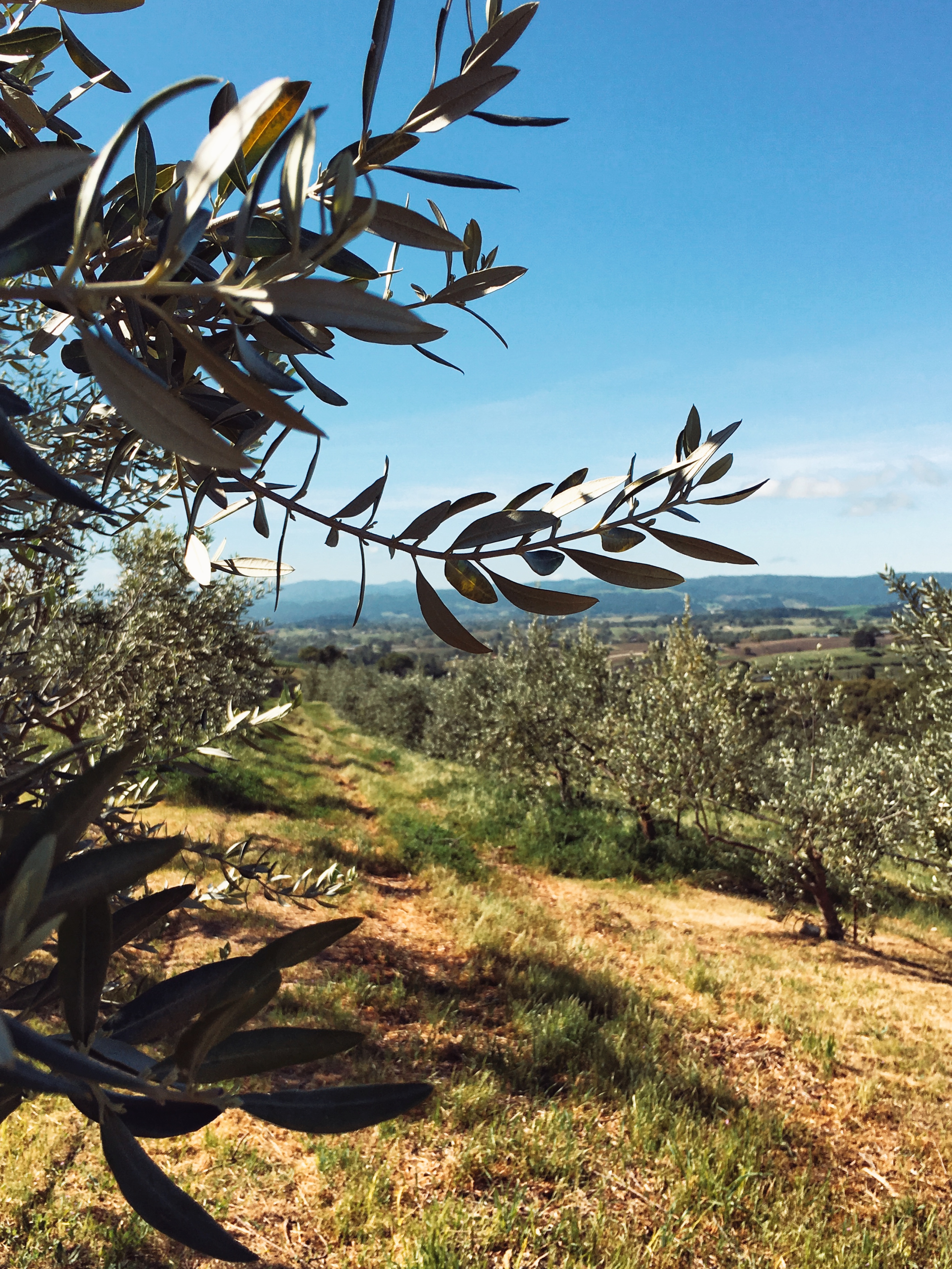
Weekend Reads is a weekly-ish series of new and old articles I’ve enjoyed reading around the web about travel, food, and wellness. For more brain snacks, read past Weekend Reads posts.
Raise your hand if you’ve recently traveled to Iceland, Lisbon, or Barcelona. What did you think? If you thought you could use a little more elbow room, you are… definitely not alone. According to travel experts, travel today is more affordable, more accessible. So much so that the travel industry coined a new term: Overtourism. And that’s been on my mind since I’ve dropped in on some of the coolest cities in the world over the years.

I grew up in Kauai, Hawaii––it’s gorgeous, of course. It’s also a place that relies almost exclusively on tourism. In 2017, a local tourism official told The Garden Island, “With the demise of the sugar industry many years ago, tourism has grown into the top economic driver for the island of Kauai.” I don’t live in Kauai anymore, but anecdotally, friends and family members who still live in the Aloha State tell me traffic, trails, and beaches gets worse every year. Part of that is due to a year over year increase in visitors to Hawaii, according to a report released in January.
That said, as I reflect on the impact I’ve knowingly and unknowingly had during my travels, I am increasingly interested in how destinations will manage the influx of visitors so that, ideally, tourists (like me, and you) have the opportunity to enjoy all of the reasons that motivate us to experience something new and different––without burdening the local way of life.
For example, this Conde Nast Traveler article rounds up the top 15 destinations grappling with overtourism (including Amsterdam and Boracay, in the Philippines.) It also offers suggestions for being a more mindful traveler, like visiting during shoulder season. Similarly, one writer for New Zealand-based newspaper Stuff highlights a handful of under-the-radar spots to consider, including Indonesian islands that aren’t Bali.
Photogenic destinations like Bali are all over Instagram, and it’s this kind of social media attention that’s been drawing visitors, and catching these places off-guard. Instagram is a powerful marketing tool, though for some, it’s worked too well. Take this National Geographic article about how social media is changing travel. “People engage with Instagram 10 times more than with Facebook, which is why an estimated 48.8 percent of brands in the United States are on Instagram,” the article reports.
In response, Bali and other heavily trafficked cities like Barcelona are experimenting with tourist taxes to manage overtourism’s effects, and according to a Quartzy article, slow the role of certain––meaning lower spending––visitors. For example, Quartzy explains, “Bali—which has seen a huge uptick in visitors since it starred in Elizabeth Gilbert’s 2006 travel memoir Eat Pray Love—is one of the destinations mulling a tax. The roughly $10 fee will be used to preserve the environment and Balinese culture, which has been overrun with yoga retreats and acai bowl cafes.”
Connect with The Curious Passport
- Keep up with my real-time travels and eats from San Diego and beyond on Instagram
- Join me on Facebook
- Support my immersive, sensorial travel and food journalism: send me a coffee!


